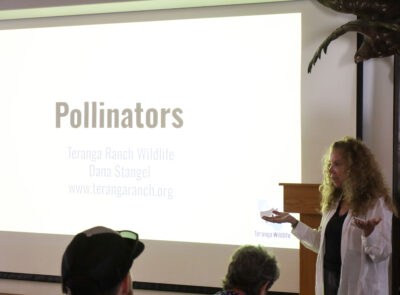Sociologist Robert Merton coined the term “unintended consequences” in a 1936 essay, exploring how people take actions they believe will have positive outcomes, but later learn they have negative impacts. Someone could — and should — write a book about the seemingly countless incidents of adverse consequences from the decrees issued by California legislators and governors.
Perhaps the most spectacular example is the ill-named “deregulation” of California’s electrical power system 29 years ago, embraced by legislators of both parties and then-Gov. Pete Wilson. Advocates hailed the overhaul as a bold act that would assure ample power supplies while reducing consumers’ utility bills.
However, it was an unmitigated disaster that invited manipulation of the electricity market and drove up costs. It plunged Pacific Gas and Electric Co. into bankruptcy and pushed Southern California Edison to the brink of insolvency.
Oddly, it did not curb the urge of California politicians to tamper with how their constituents obtain and pay for electricity. This year’s example is Senate Bill 540, a controversial measure that would, if enacted, have California join a regional power consortium with unpredictable consequences.
There are other major examples of legislation that backfired and is worth noting.
One is Assembly Bill 218, a 2019 bill that temporarily suspended the statute of limitations on sexual abuse lawsuits. Proponents said it would allow victims to finally receive justice, brushing aside criticism that it would be a bonanza for lawyers. Hundreds of suits against local governments and school systems were filed, resulting in multibillion-dollar settlements, including a $4 billion payout by L.A. County to settle 6,800 claims from former foster children and formerly incarcerated minors.
The spate of abuse suits has also distorted the ability of public entities to acquire liability insurance. The bill’s author, former Assemblymember Lorena Gonzalez, has called for changes.
“When I authored AB 218 my priority was to protect kids from sex abuse and ensure victims could have some justice,” Gonzalez, now head of the California Federation of Labor Unions, said in a social media post. “Now, some unscrupulous attorneys are treating it like feeding frenzy. I support reforms to cap attorneys’ fees or other measures to reel the costs in for public entities.”
There also are many other current examples of potentially harmful consequences, including the late-blooming effort by Gov. Gavin Newsom and Democratic legislators to alter — temporarily, they say — California’s 52 congressional districts to produce more Democratic members and offset a Republican-sponsored gerrymander in Texas.
The electric power and gerrymandering measures are not the only pieces of pending litigation with potentially negative consequences. Two of them involve school operations.
One is AB 1264, aimed at removing ultra-processed foods from the millions of meals public schools serve to their students.
Advocates say such foods adversely affect children’s health, which is certainly a legitimate issue if proven. However, critics say the legislation, which tasks defining such foods to a state agency, could ban foods that Californians commonly consume and result in a flood of lawsuits, not unlike what happened after Gonzalez’s child abuse law was enacted.
The other is AB 495, which would expand the list of people who could take charge of public school students in the absence of their parents or designated caregivers. It’s aimed at protecting children of parents who have been swept up in the federal government’s crackdown on undocumented immigrants. However, critics say just about anyone could claim to be a substitute caregiver under the legislation’s loose definition, thereby potentially endangering children rather than protecting them.
As Merton pointed out in his essay, advocates of new policies or programs always stress their positive intentions, while downplaying or ignoring downside risks.
It’s a dangerous syndrome, as California politicians should have learned by now.
Dan Walters’ commentary is distributed by CalMatters, a public interest journalism venture committed to explaining how California’s state Capitol works and why it matters.











